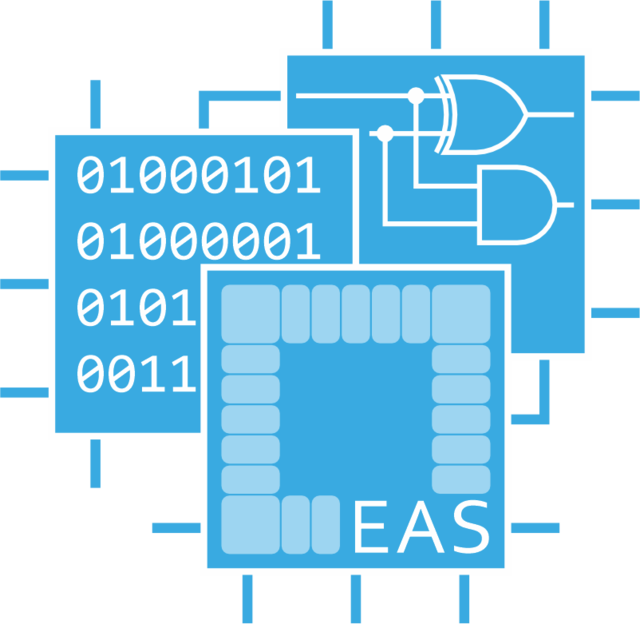"Embedded Architectures & Systems" Group
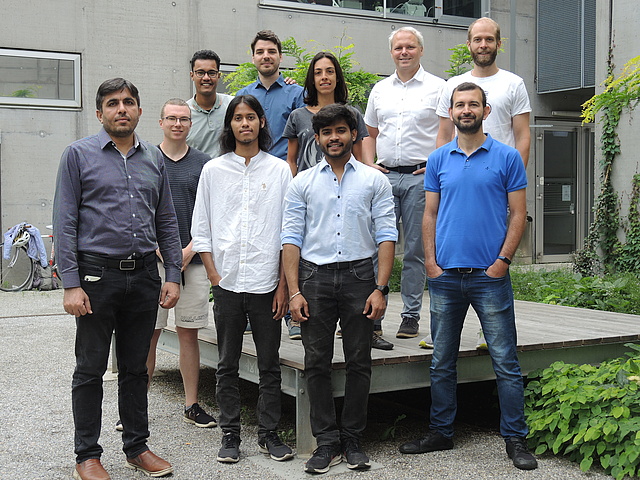
The Embedded Architectures & Systems Group, headed by Prof. Dr. Marcel Baunach, focuses on applied and basic research on hardware and software for highly dependable and sustainable embedded systems. Novel processor architectures and operating systems for future transportation, advanced robotics, and the Internet of Things are just some examples.
Regarding hardware, our research is on partially reconfigurable and extensible, yet dependable computing platforms. We focus on designing modular microcontrollers that can be changed at runtime and the optimization of hardware design flows. Regarding software, our research is on sustainability through updates, verified correctness, portability to new hardware, support for re-configurable MCUs, and the integration of AI/ML into application and system software.
Real-Time Operating Systems

Real-time capability is essential in numerous modern embedded systems. The course tuple focuses on the various aspects of Real-Time Operating Systems (RTOSes), from categorizing different real-time requirements to detailed insights into an RTOS kernel design. The lecture provides theoretical fundamentals such as resource management, scheduling, execution time analysis, and kernel design. The gathered knowledge can be applied in the related laboratory. Based on the MSP430 platform, a light version of the real-world RTOS smartOS is implemented.
Courses:
Student assistants: Eldin Abdić, Tobias Hennerbichler, Philipp Severin
Responsible persons:
Processor Architecture + Microcontroller Design, Laboratory

This course complex provides (1) comprehensive insight into the architecture of modern processors, (2) demands the analytical evaluation of design decisions, and (3) allows to gain practical experience by implementing a complete microcontroller. The theoretical knowledge is taught in the processor architecture lecture and deepened in the associated laboratory. The microcontroller design lab is used to implement the concepts covered.
The course material (Instruction Guide and source code template) for the Microcontroller Design, Lab is available as Open Educational Resource (OER). Refer to https://www.scheipel.com/oer for more information.
Courses:
- Processor Architecture, Lecture (SS)
- Processor Architecture, Laboratory (SS)
- Microcontroller Design, Laboratory (SS)
Student assistants: Michael Neubauer, Cynthia Mlekuz, Simon Schiller
Responsible persons:
Real-Time Bus Systems

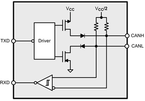
The “Real-Time Bus Systems” joint lecture/practical course initially provides an overview on the conception and realization of real-time bus systems and wireless real-time communication in various application areas (e.g., Automotive, CPS, IoT, etc.). Details on communication systems within and between embedded systems are additionally addressed on the basis of specific bus systems and radio protocols. This course covers the realization of specific communication protocols, including LIN, CAN, FlexRay, and SPI/I2C, across the entire ISO/OSI protocol stack. Students will learn how to conduct requirements analysis to select suitable bus systems and protocols for various applications. The course explores strategies for ensuring reliable communication through the distribution of components, software implementation, and the development of communication interfaces. It also includes an introduction to wireless, real-time communication, highlighting its role in modern system design.
Courses:
Student assistants: Julius Nowakowski
Responsible persons:
Embedded Automotive Software
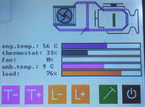

The “Embedded Automotive Software” joint lecture/practical course addresses techniques used to design and implement embedded software to cope with the demands of current and future vehicles. In this scope, it introduces the OSEK and AUTOSAR standards, as well as the characteristics of their compliant software. In the practical part, you have the opportunity to develop AUTOSAR-compliant software for the AURIX™ platform, a state-of-the-art MCU architecture in the automotive domain.
Courses:
Student assistants: Azra Velic
Responsible persons:
Computer Engineering
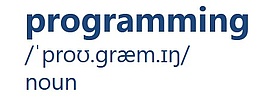
The course “Computer Engineering” teaches the basics of programming for electrical engineers with a focus on concepts and systems expected later in their studies (e.g. embedded systems, wireless sensor networks). The focus is on the C programming language, with which students learn practical concepts such as functions, loops, pointers, arrays, strings and modularity. With the help of practice-oriented exercises carried out on the Raspberry Pi Pico as a platform, students acquire a deep understanding of programming embedded systems. Advanced topics such as memory optimization, bit manipulation and structured programming round off the content to ensure the efficiency and scalability of the solutions developed.
